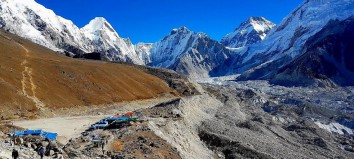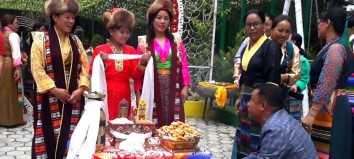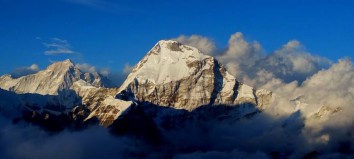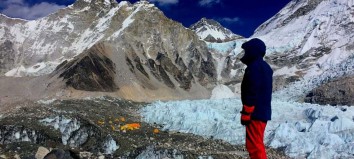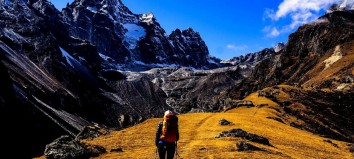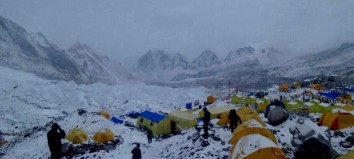An excerpt from Eight Steps to Happiness.
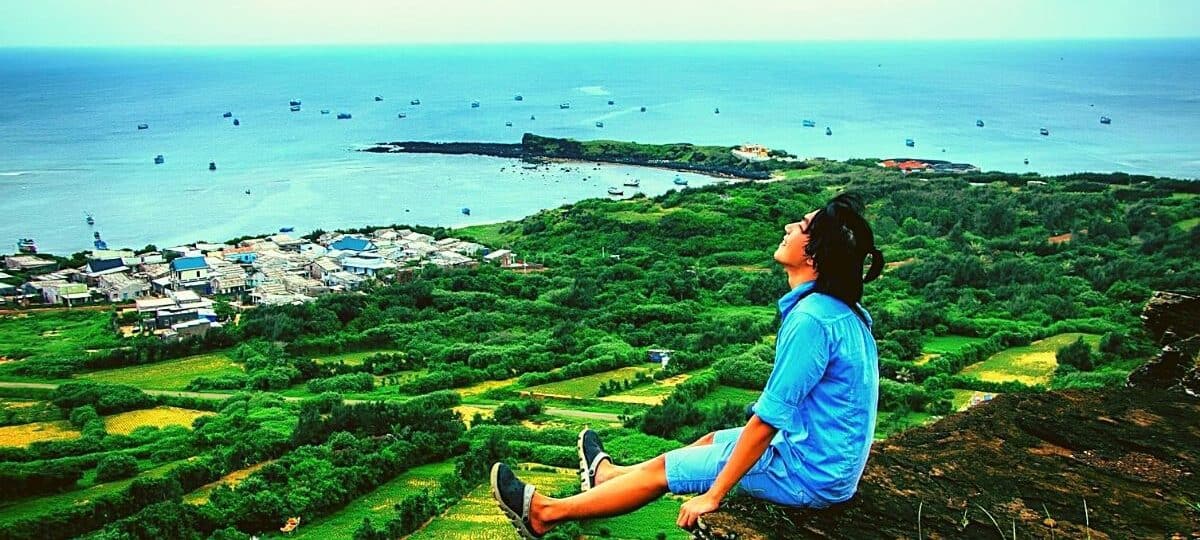
All living things deserve to be valued as they have shown us tremendous kindness. All our happiness, temporary and final, springs from their goodness. Even our body is the result of others’ kindness. We did not bring it with us from our past lives, it developed from the union of our father’s sperm and our mother’s egg cell.
After conception, our mother kindly allowed us to stay in the womb, nourished our bodies with her blood and her warmth, endured great malaise, and finally endured the painful process of giving birth for our sake.
We entered this world naked and with empty hands and immediately got a home, food, clothes and everything else we needed. When we were a helpless baby, our mother protected us from danger, fed, washed and loved us. Without her kindness we would not be alive today.

With constant food, drink, and care, our tiny, helpless baby body gradually evolved into the body we now have. Our food has been provided, directly or indirectly, by countless living beings. Each cell in our body is therefore the result of the goodness of others.
Even those who never knew their mother received nourishment and loving care from other people. The mere fact that we are alive now is evidence of the great goodness of others.
We can enjoy all the joys and possibilities of human life on the basis of this present body, which is endowed with human abilities. Even simple pleasures, like going for a walk or watching a beautiful sunset, can be seen as a result of the goodness of countless living things. Our skills and abilities all come from the kindness of others; we had to be taught to eat, walk, speak, read and write.
Even the language we speak is not our own invention, but the work of many generations. Without them, we would not be able to communicate with others or exchange ideas. We could not read this book, learn Dharma, or think clearly. All the facilities that we take for granted, such as houses, cars, streets, shops, schools, hospitals, and cinemas, are created solely through the goodness of others. When we travel by bus or car we take the roads for granted, but many people have worked very hard to build them and make them safe so we can use them.

The fact that some of the people who help us have no intention of doing so are irrelevant. As we benefit from their actions, they show us kindness from our perspective. Instead of looking at their motivations, which we don’t know anyway, we should focus on the real benefits that result from it. Everyone who contributes in any way to our happiness and well-being deserves our gratitude and respect. If we had to give back everything we received from others, we would be left empty-handed.
We may argue that we don’t get things for free, we have to work for them. When we go shopping we have to pay and when we eat in a restaurant we have to settle the bill. We may have a car, but we had to buy the car and now we have to pay for gas, taxes, and insurance. Nobody gives us anything for free. But where do we get this money from? It is true that in general, we have to work for our money, but it is others who hire us or buy our goods and so it is they who indirectly provide us with money.
Furthermore, we can only do a certain job if we have the necessary training or education that we have received from others. Wherever we look we only see the goodness of others. We are all entwined in a web of goodness that we cannot possibly part with. Everything we own and enjoy, including our lives, springs from the goodness of others. In fact, all the happiness in the world comes from the kindness of others.
Our spiritual development and the pure happiness of full enlightenment also depend on the goodness of other living beings. Buddhist centers, Dharma books, and meditation courses do not just fall from the sky but are the result of hard work and the dedication of many people. That we can teach, read, reflect on, and meditate on Buddhas depends entirely on the kindness of others. Furthermore, without beings to whom we give, who can test our patience, and for whom we can develop compassion, we can never develop the virtuous qualities necessary for enlightenment.

In short, we need others for our physical, emotional, and spiritual well-being. Without others we are nothing. Our feeling of being an island, an independent, self-sufficient individual is far removed from reality. The idea of being a cell in the immeasurable body of life, which is individual and yet closely connected to all living beings, comes closer to the truth. Without others we cannot exist, and they in turn are influenced by everything we do. The thought of being able to secure our own well, but at the same time neglecting the well-being of others or even living at their own expense, is completely unrealistic.
By reflecting on the myriad kinds of help we receive from others, we should come to mind. I must appreciate all living beings because they show me great kindness. Because of this decision, we develop a sense of appreciation, a sense that all living beings are important and that their happiness matters.
We try to mix our minds with this feeling and keep it going as long as possible without forgetting it. When we rise from meditation we try to maintain this feeling of love so that whenever we meet them or remember someone, we spontaneously give them. This person eats important, that person’s happiness matters. In this way, we can make appreciating living beings our main practice.
